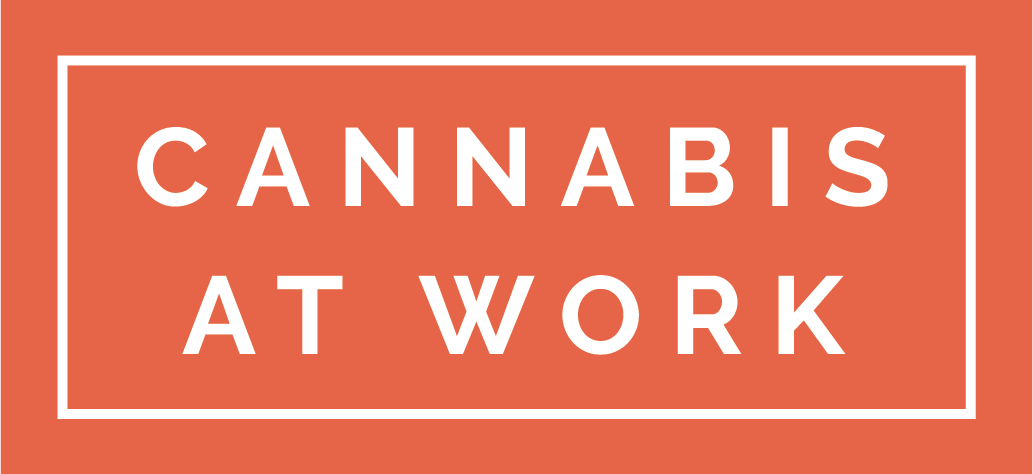Cannabis legalization challenges a lot of the norms we have held to be true. It has been considered an illegal drug for decades and hasn't been allowed in the workplace.
Legalization of medical cannabis has been the first challenge for employers and legal recreational use brings up many more questions.
The thing that's unique about cannabis is it has both medical and recreational uses. This means there have to be two sets of rules in the workplace – accommodating medical use and restricting recreational usage.
We have established in past articles that employers in Canada have a duty to accommodate medical cannabis in the workplace when a patient has a valid prescription.
What about recreational use? Both employers and employees should realize this isn't a free pass for people to be impaired any time and place.
To add another layer of complexity to this topic – the definition of impairment in context of cannabis is blurry. Lack of a firm definition of impairment makes it more difficult to create boundaries around appropriate and inappropriate use.
Many workplaces already have policies to deal with impairment-causing substances. Let's look to them for direction.
Consider alcohol. It's legal and you are free to consume it on your own time recreationally - but not at work. Why? It causes impairment. You wouldn't be effective at your job when you're drunk and it's a serious safety concern.
Next, let's look at prescription pharmaceuticals that cause impairment. You may be allowed to take them at work with a physician's clearance. If you hold a safety-sensitive job, you are required to disclose the use of the impairment-causing drug and you would likely be accommodated through the removal of safety sensitive job duties.
So you may not be prevented from using pharmaceuticals entirely at work because of the medical benefit. But you definitely can't use them recreationally at work. (Pharmaceuticals obviously aren't intended for recreational use, but there is an acknowledged epidemic of this type of usage.)
This is the same for cannabis.
Employees shouldn't expect legalization to be a hall pass for impairment at work. Employers should proactively communicate their policies and expectations about medical and recreational cannabis use so employees understand the boundaries.

